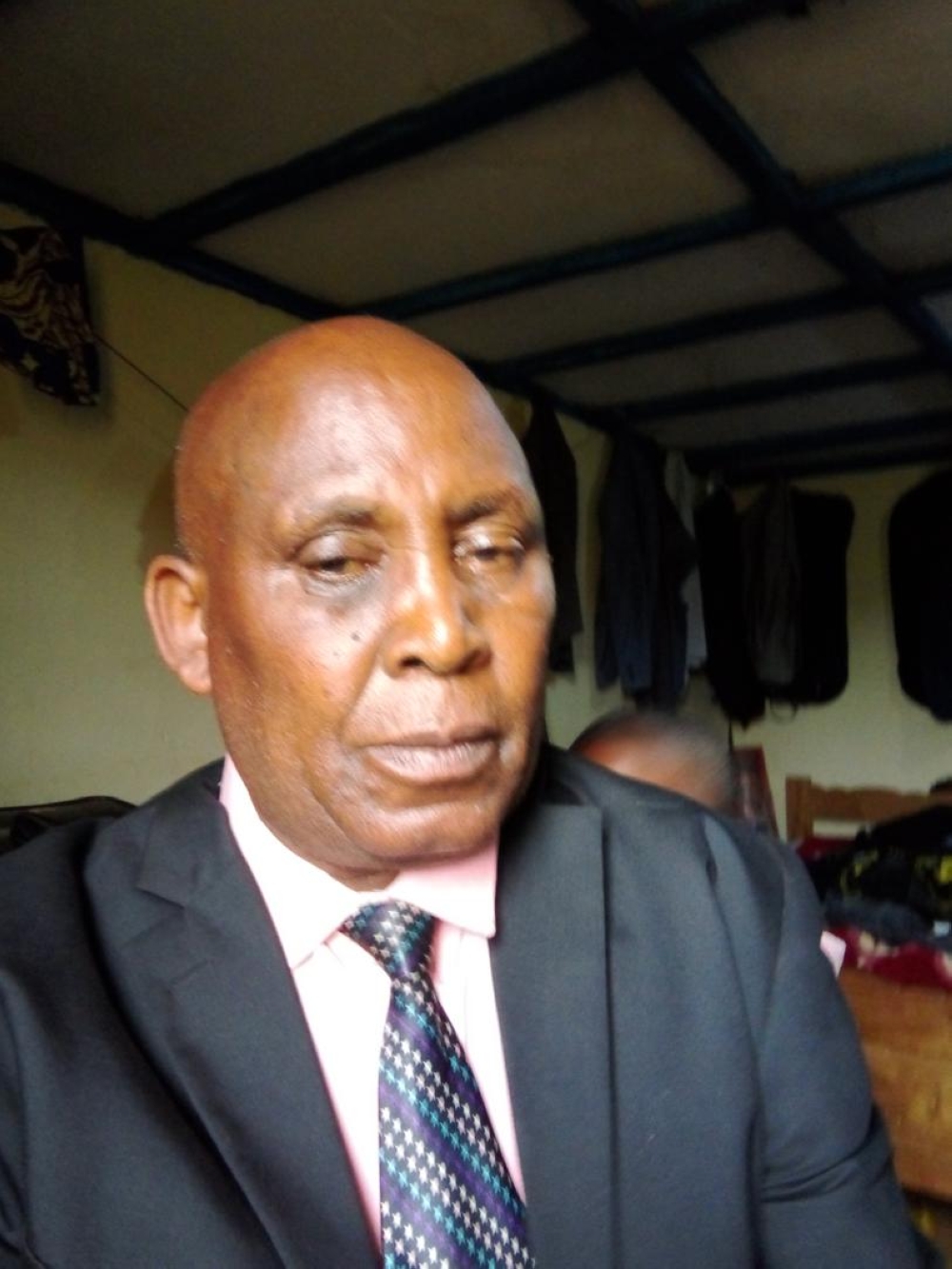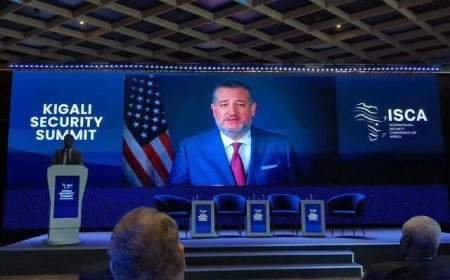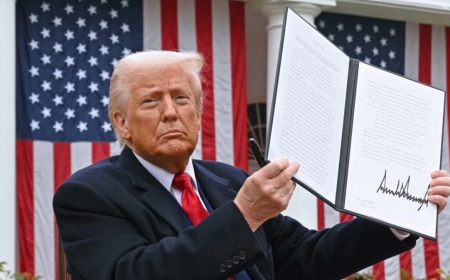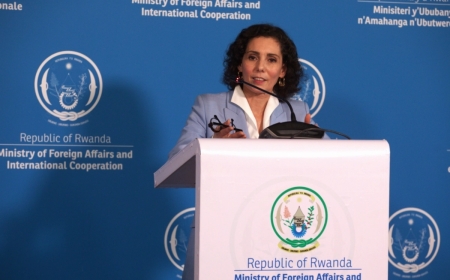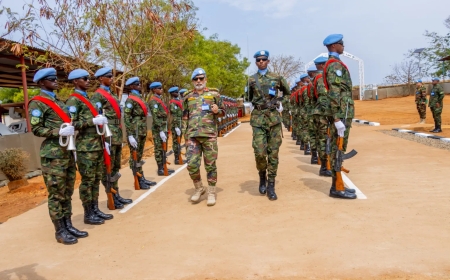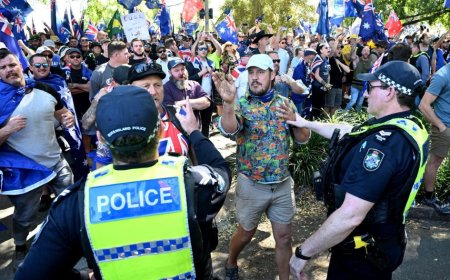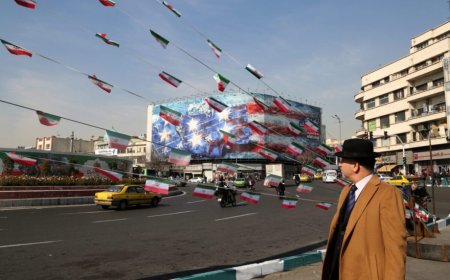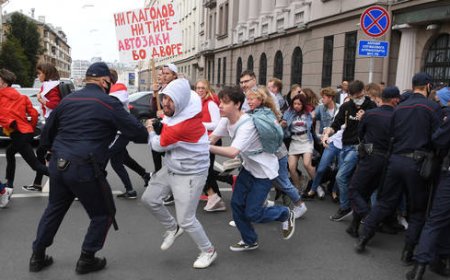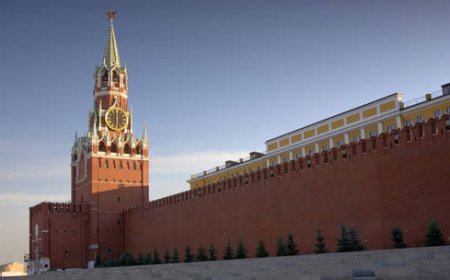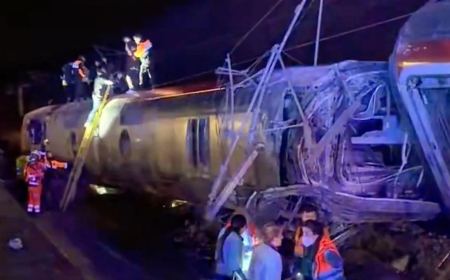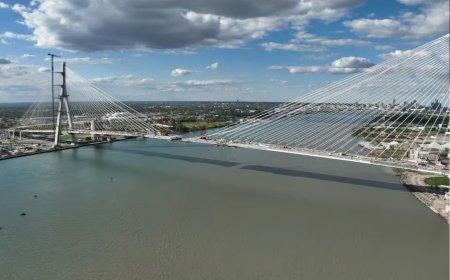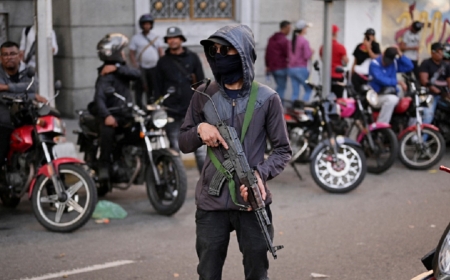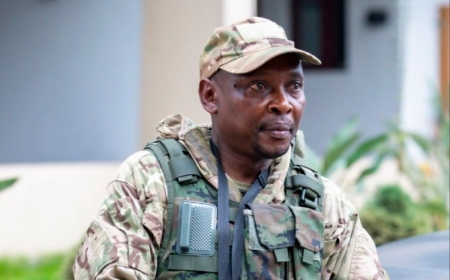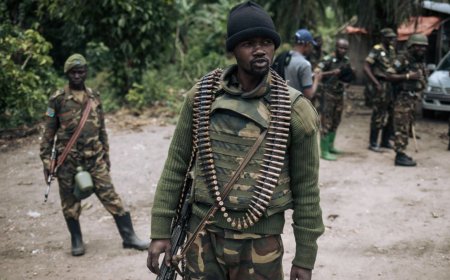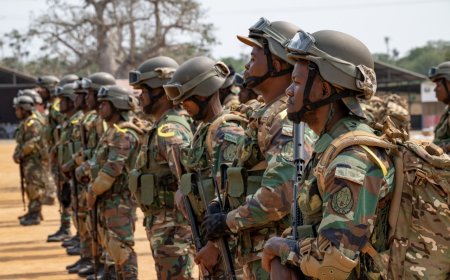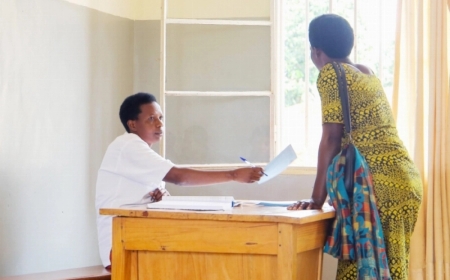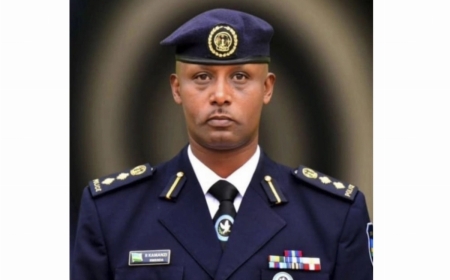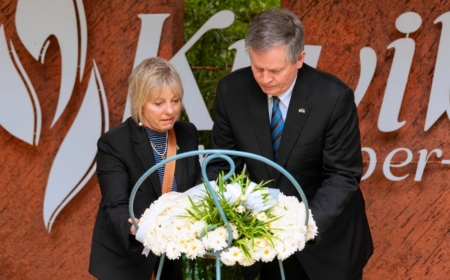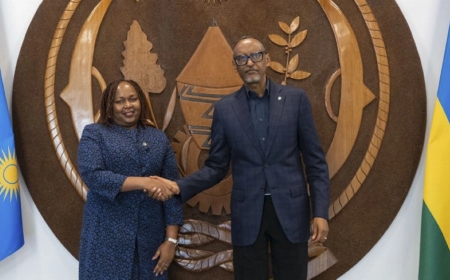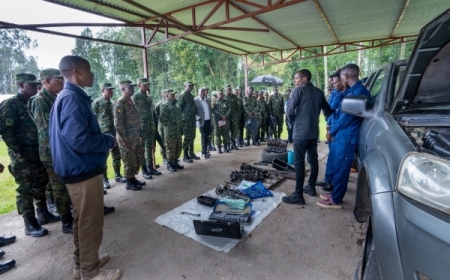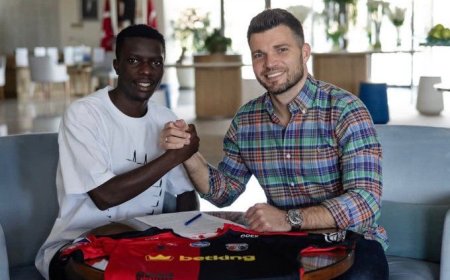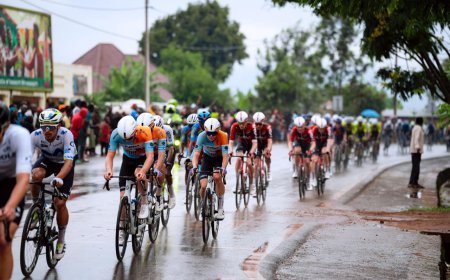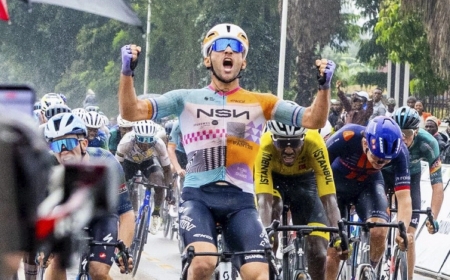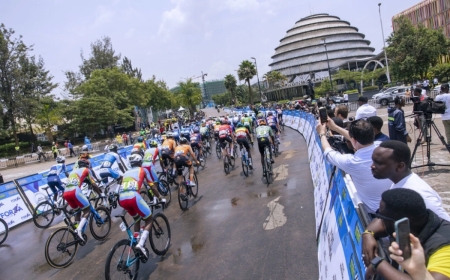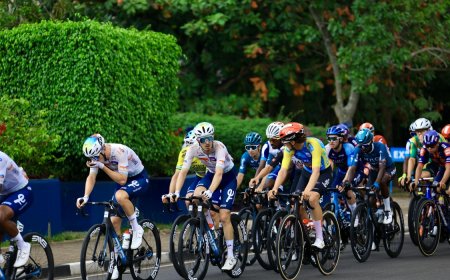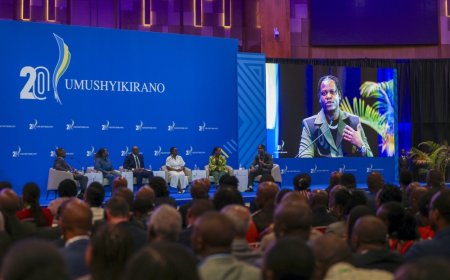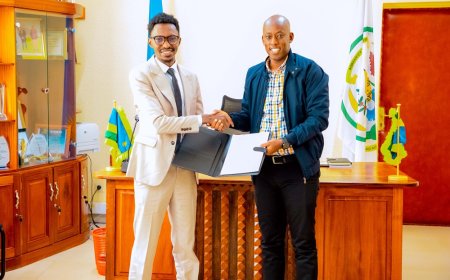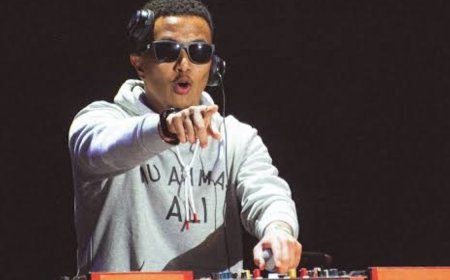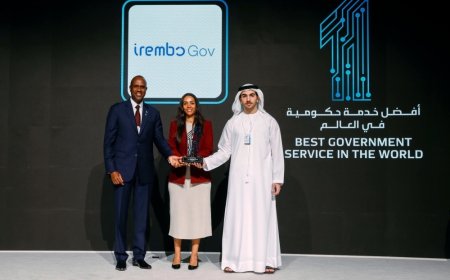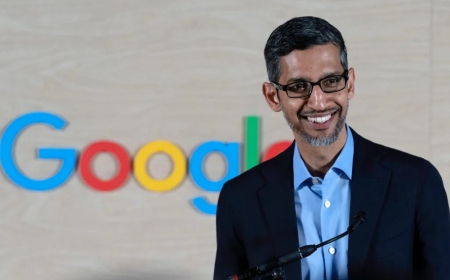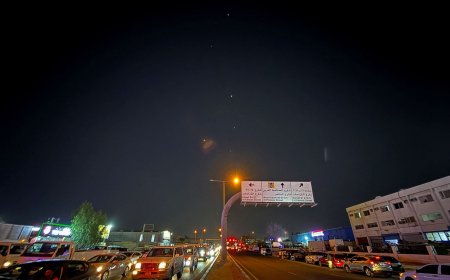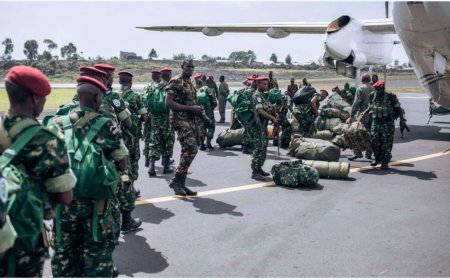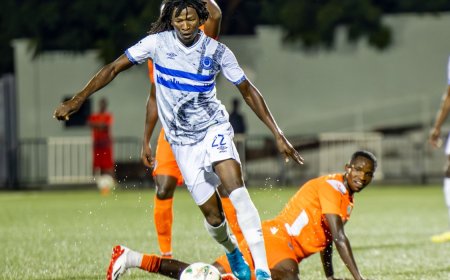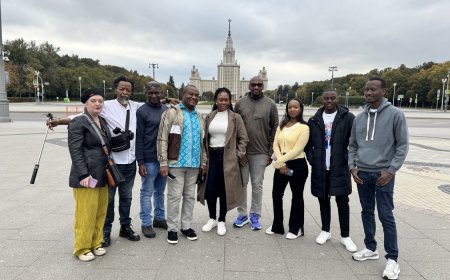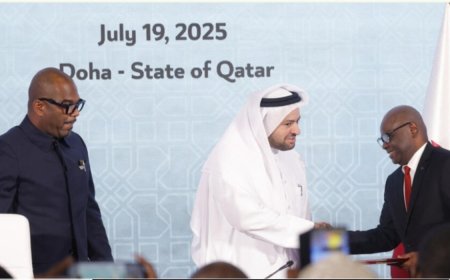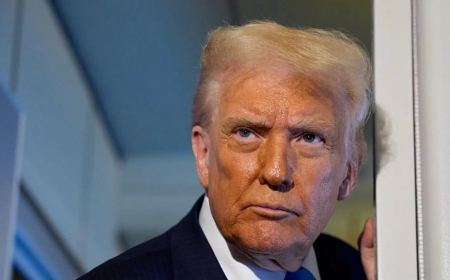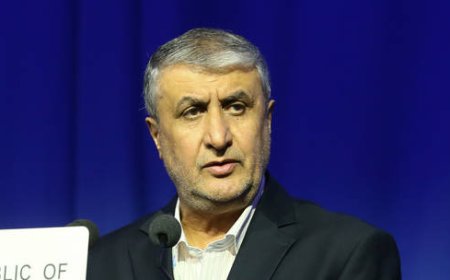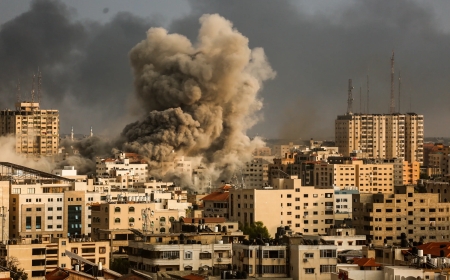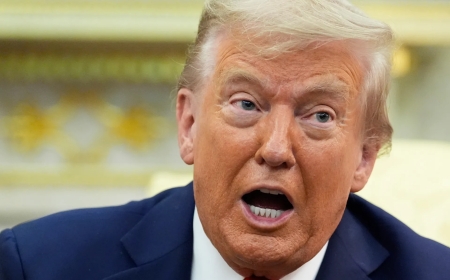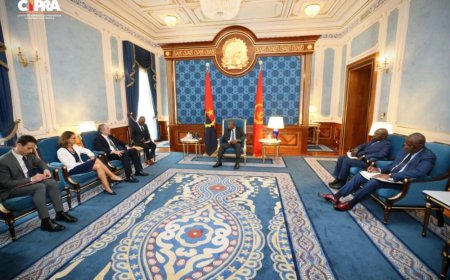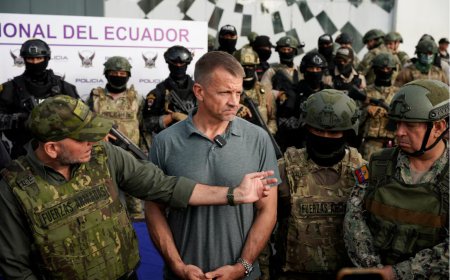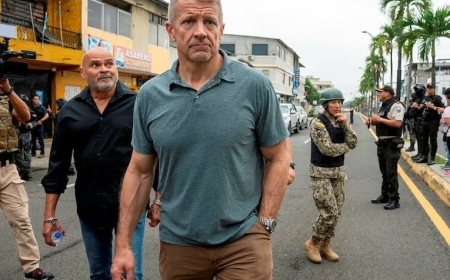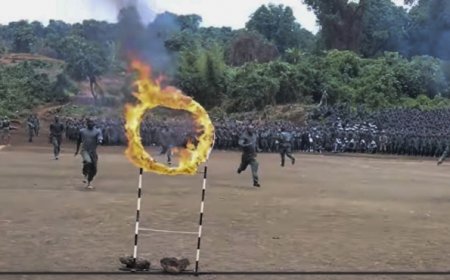80-year-old Congolese reflects on lifetime of injustice, attacks in DR Congo
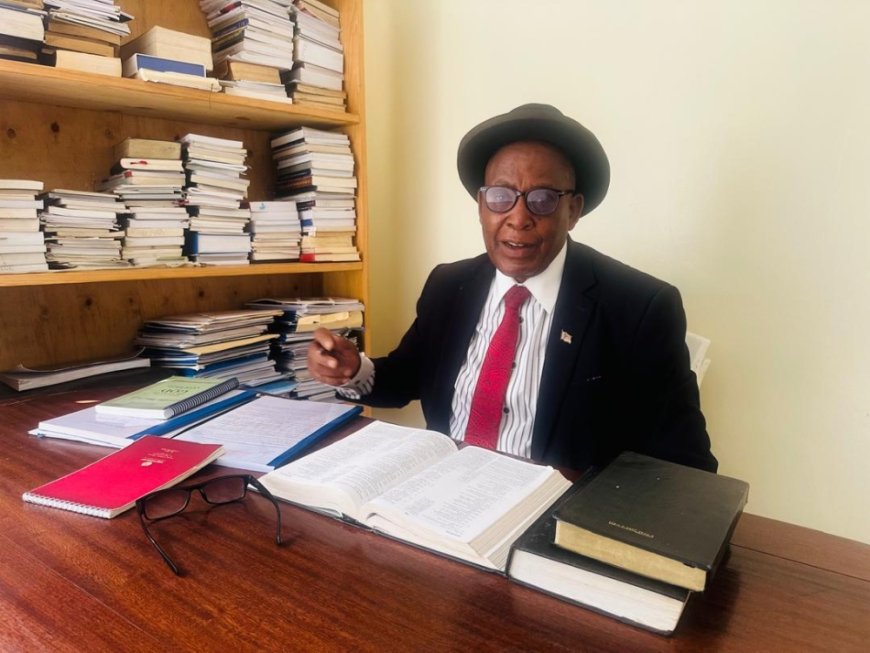
Rusingizwa Bitebetebe, 80, carries the weight of a lifetime scarred by violence and displacement.
Born in Kavurwa, Uvira Territory in South Kivu, he has endured decades of persecution against the Banyamulenge, rooted in ethnic ideologies entrenched by Belgian colonial rule. He had never once left his homeland, where he served as a pastor for 50 years, until recently.
The Banyamulenge, a Congolese Tutsi community, have endured decades of systematic persecution in the Democratic Republic of Congo (DRC). He is also a pastor who gave fifty years of his life to ministry in Minembwe, a mountainous settlement in South Kivu. For most of that time, he refused to leave, believing that a shepherd must remain with his flock no matter the danger.
“I always believed my duty was to remain with my church and my community,” he said in an interview. “To share in their frustrations, suffer with them, and endure the same persecution they face every day.”
That conviction held for decades, until April 2023, when a medical trip to Nairobi upended his life.
Exile without choice
After treatment in Kenya, Bitebetebe tried to board a flight home. To his shock, he was stopped. His name, officials told him, was blacklisted—he was considered complicit in the political storm surrounding his community. Returning would mean certain death.
“I had never thought of fleeing my country,” he said, his gaze fixed on the floor. “But suddenly, I was told I could not go back. It felt like being erased.”
Hoping to find another way, he traveled to Rwanda, thinking road transport might lead him back to South Kivu. But more than two years later, he remains in limbo, stranded in Kigali, his family fractured across borders. His wife and youngest child are still in Minembwe.
His other children have fled to different countries, scattered by conflict.
“I tried everything,” he said. “I even paid people who promised to arrange my return. In the end, they told me my case was too dangerous, that I was one of those being deliberately targeted.”
When peace shifted slightly in early 2025, after the AFC/M23 rebels captured swathes of eastern Congo, he made another attempt. He traveled as far as Bukavu in search of a safe passage. But the landscape was still fractured—rebel-held towns encircled by government troops and militias, roads blocked, planes grounded. He returned to Rwanda once more, defeated.
“My family is still in Minembwe, near the airport,” he said quietly. “I am ready to return to them the moment it becomes possible.”
Memories of a Homeland
The old man’s story stretches across Congo’s turbulent history, blending personal memory with the broader struggles of his community. He recalls the heady days after independence in 1960, when the country shook off Belgian rule but remained entangled in neocolonial ideologies.
He remembers the Mulele rebellion, and the years of Mobutu Sese Seko’s long dictatorship.
“During Mobutu’s era, we had a short time of peace,” he said. “But it did not last. Soon, we Banyamulenge were branded as not truly Congolese. We were denied the right to vote. Even when they finally allowed us to vote, we could never stand as candidates.”
By the 1990s, the narrative had hardened. The Banyamulenge were increasingly painted as outsiders—“Rwandans” masquerading as Congolese. It was a dangerous label in a region still raw from Rwanda’s 1994 genocide against the Tutsi.
The consequences were brutal. Villages burned. Neighbours turned into enemies. Ordinary Banyamulenge were accused of dual loyalties and punished with violence.
“I have lost many in my family,” Bitebetebe said. “My father, my brother, and others close to me. I saw people burned alive, others cannibalised, denied even a burial. These memories do not fade. Sometimes I have to remove my glasses and stop speaking, because the pain is too heavy.”
Systematic persecution
The atrocities, he insists, were not random outbursts of violence but the result of state-sanctioned ideology. Successive governments, he argues, weaponised ethnicity to unite their bases and deflect from corruption and failure. The Banyamulenge became the convenient scapegoat.
“Since tensions began, our community has been relentlessly targeted,” he said. “We have lost families in village burnings, our people dismissed from government positions, stoned in broad daylight. Many have been burned alive, their bodies desecrated, cannibalised.”
The list of violations is long: arbitrary arrests, sexual violence, cattle looting, forced displacements into forests where families starved. “It has been systematic and merciless,” he said, “stripping us of dignity, safety, and a place in the country we call home.”
International human rights reports have long documented such abuses, linking them to the involvement of Congolese armed forces, Burundian troops, mercenaries, and the FDLR—a militia formed by perpetrators of the 1994 Genocide against the Tutsi in Rwanda. These groups, sometimes working in loose coordination with Mai Mai and Wazalendo militias, have targeted Banyamulenge villages, all while cross-border attacks on Rwanda kept regional tensions high.
For Bitebetebe, the cost is deeply personal. A father of eight, he has watched his family fragment under relentless conflict. Only his wife and youngest child remain in Congo. The others are scattered in exile, rebuilding fragile lives.
“When I think of how our people are scattered across the world, disunited and without hope for justice or reunification, it pains me,” he said. “There are so many who wish to return to their motherland. But how can they, when home itself rejects them?”
Faith against hatred
Despite everything, the pastor refuses to harbour bitterness toward ordinary Congolese citizens. He insists that hatred is not innate, but taught.
“I am a pastor, and I lead people from different tribes in my church,” he said. “When we meet, we greet one another warmly. Those who commit killings do so out of ignorance. It is the government’s ideologies that have poisoned our society.”
What he cannot forgive is the role of his own government. “We do not hate our government,” he said, his voice trembling. “It is the government that hates us. We have seen our people killed by militias in the presence of soldiers. Our cattle were seized and sold with their protection. When we try to speak up, they laugh at us.”
His words are both an indictment and a lament. A pastor by calling, he has no appetite for politics, yet he cannot separate faith from the daily suffering of his people.
A plea to the world
After decades of waiting in vain for solutions from Kinshasa, Bitebetebe now places his hope in the international community. He speaks with urgency, as if time is running out for his people.
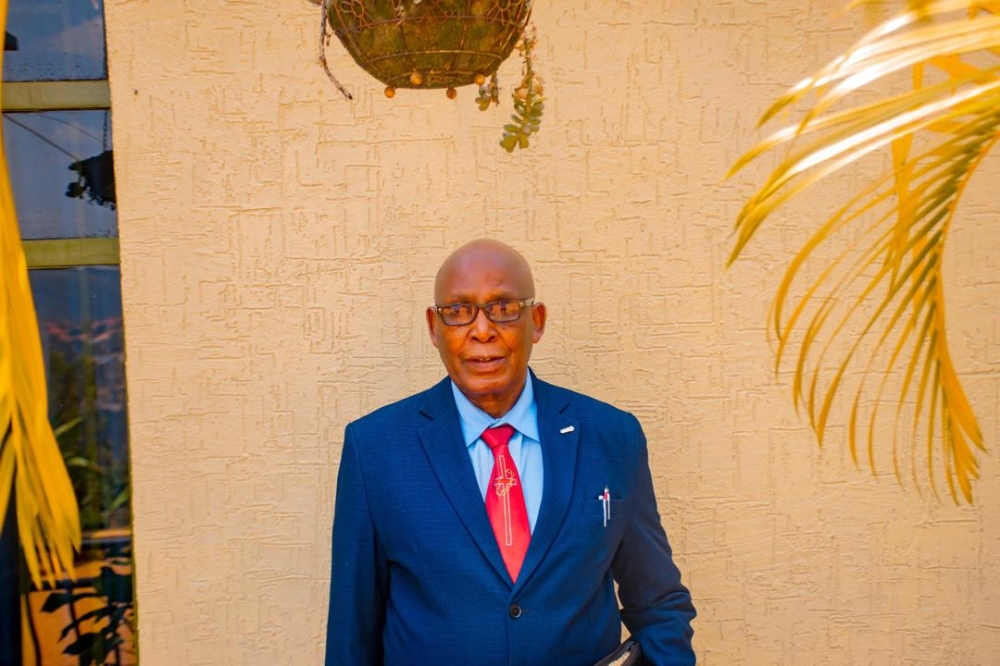
“If the world truly safeguards human rights, then it should also safeguard us,” he said. “No community can exist without its motherland. We only ask to live in our land, alongside our fellow Congolese, treated with dignity and equal rights.”
He questions why, among DR Congo’s hundreds of tribes, only the Banyamulenge are so relentlessly persecuted. “There are tribes along the borders everywhere,” he said. “Brothers divided between countries. Yet it is only we who are labeled foreigners, only we who are hunted. Why us? What did we do?”
Message to his people
To the Banyamulenge scattered across the world, Bitebetebe offers a message of resilience and remembrance.
“You were fortunate to be welcomed by the countries that now host you,” he said. “Remain grateful. But remember, that is not your country. Keep your motherland at heart. If peace prevails in DR Congo, return and help rebuild it.”
To those who remain inside the DR Congo, his words are even more urgent. “Hold on with hope,” he said. “If we lose our land, we will be exterminated and forgotten, like birds without a nest. They persecute us while we are still on our soil—what would happen if we lose it completely?”
For himself, his wish is modest: to be among the first passengers on a flight back to Minembwe, reunited with his family, restored to his congregation.
But even as he waits, he does not forget others. His prayers include those still imprisoned by the Congolese government—compatriots taken as prisoners of war, separated from their families, their fate unknown.
“We long to see them free,” he said. “To know they are alive.”
An unfinished journey
At 80, Rusingizwa Bitebetebe lives in enforced exile, a pastor without a pulpit, a father with scattered children, a Congolese denied his homeland. Yet his voice carries the endurance of someone who has lived through too much to give up now.
He is weary, yes, but not broken.
“When I look back on my life, I see persecution at every turn,” he said. “But I also see faith, and I see resilience. We Banyamulenge are still here. And as long as we live, we will never stop hoping to return home.”
